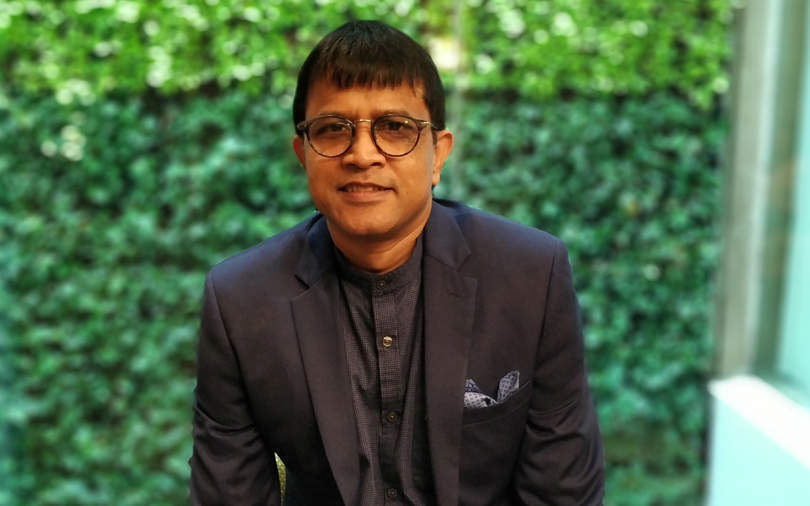
IoT, connected devices, much bigger market than smartphones: Prakash Mallya, Intel


Chipmaker Intel, which lost out to Qualcomm in developing processors for mobile devices, is betting on the explosion of the Internet of Things (IoT) and connected devices to gain a lead over its rival.
"The evolution of human internet to machine internet is that the human internet will shrink in comparison. Smartphones are just a subset of these connected machines. Our ambition is to go after connected devices and convert that into intelligence and insights across every vertical," Prakash Mallya, vice president and managing director at Intel India told TechCircle in an interview.
While there are only 7.5 billion people in the world, the number of connected devices is expected to grow to 22 billion over the next three years. That number will expand further as autonomous cars, smart cities and homes become much more commonplace, he said.

Santa Clara, California headquartered Intel, which was the world’s largest chipmaker until last year, builds processors for servers or data centres, edge computing devices such as supercomputers, personal computers and for connected devices such as autonomous cars or smart home devices.
While Intel tried to bring several processors for mobile to the market under several brands, barring the Atom processors, none sold. In a market dominated by Qualcomm, Samsung's Exynos and Apple processors, the company could not gain much market share and finally shut down its smartphone processor unit after sustaining billions of dollars in losses.
Intel is not alone in losing the battle for the mobile market to rivals. Microsoft lost the battle with Google for a mobile operating system when Android monopolised the mobile universe. Much like its own Windows operating system did with personal computers. Microsoft, however, has lately made a strong comeback under chief executive Satya Nadella with cloud and AI (artificial intelligence) based solutions.

According to Mallya, factors such as the 4G to 5G evolution and the reimagination of data centres from dumb storage to AI and analytics-enabled computing centres are going to expand the market to a much bigger scale. Most companies, Mallya said, did not see this growth coming even a few years ago while competing for the mobile market.
To put the potential market expansion into perspective, on an average, human internet traffic is estimated to be 25 GB a month. A small connected car can transmit 50GB a day, while a smart factory can transmit a million GB a day.
"When you look at the data-centric vision, you see that today, which was not available for anyone three years ago. The way we are re-imagining computing, it is creating a data-centric world," he said. The company expects its agile and high performing computing processors, whether for edge or for data centres, to be all-pervasive in the not so distant future.

Intel expects its bet on connected devices to play out in India as well. India’s government has AI at the top of its agenda and the country is already home to the world’s third largest AI ecosystem apart from having a large and growing developer community. The company works with partners, developers, system integrators and startups by providing them with Xeon processors built for AI applications.
"We are trying to push the boundaries on what is possible in the AI space. That is a huge opportunity for the data centre, cloud, edge, communication," he added.
